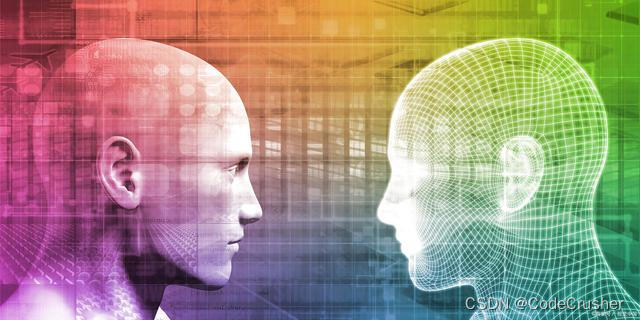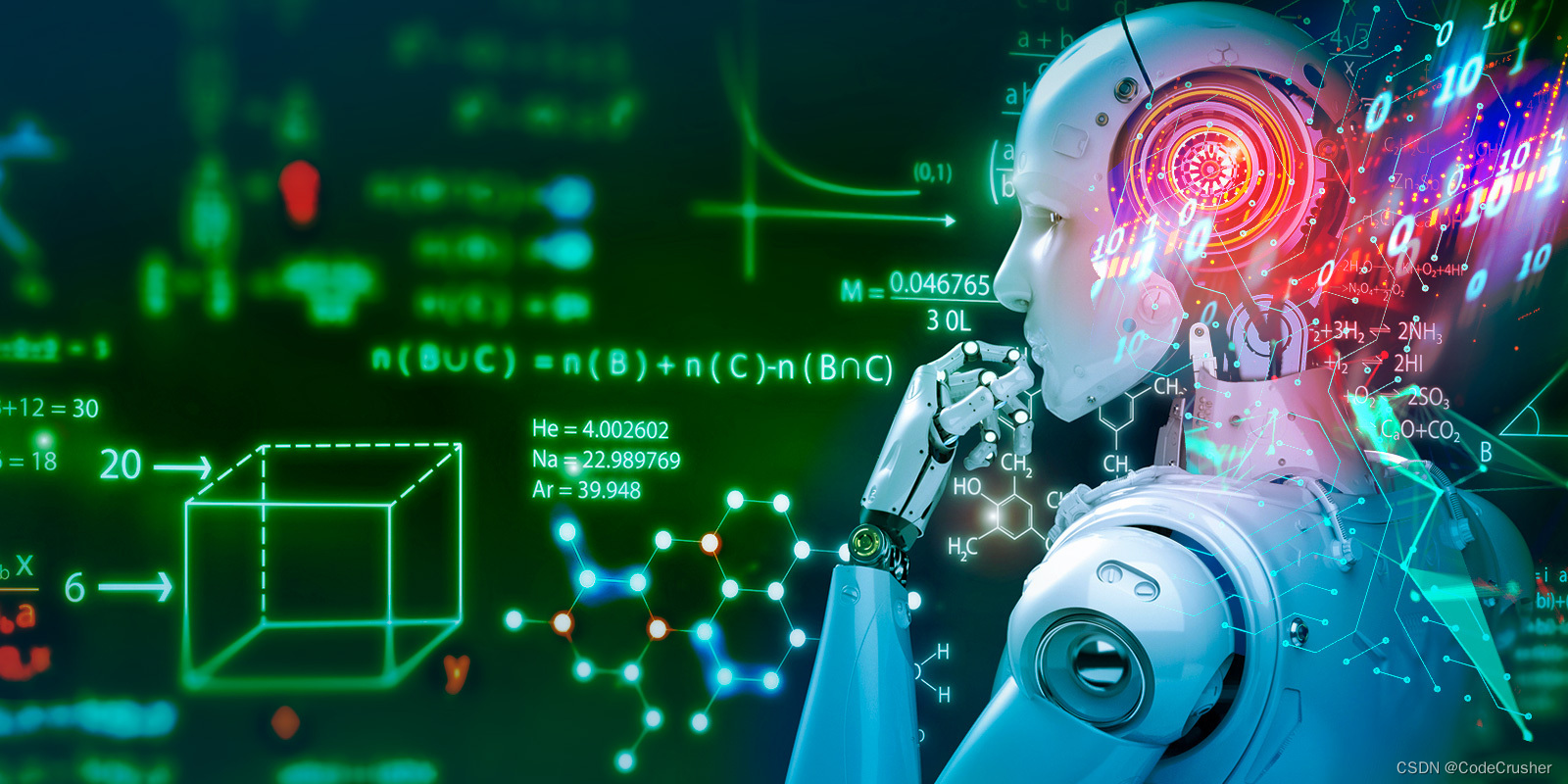Table of contents
what is artificial intelligence
Employment directions related to artificial intelligence field
what is artificial intelligence
Artificial Intelligence (AI for short) refers to an intelligent system realized through computer technology and algorithms, which enables computers to simulate human intelligence, including perception, learning, reasoning, decision-making and other abilities. Artificial intelligence technology involves many fields, such as machine learning, deep learning, natural language processing, computer vision, etc., and its application range is very wide.
Artificial intelligence technology can be used to solve many practical problems, such as speech recognition, image recognition, natural language processing, machine translation, intelligent recommendation, intelligent question and answer, intelligent control, etc. In fields such as medical care, finance, transportation, and industry, artificial intelligence technology is also widely used to improve production efficiency, reduce costs, and improve service quality.
The development of artificial intelligence technology has been accelerating, and many important technologies and applications have emerged, such as AlphaGo, voice assistants, autonomous driving, etc. In the future, artificial intelligence technology will continue to develop and create more value and convenience for mankind.
Employment directions related to artificial intelligence field

Artificial intelligence is a very popular field, and it involves a wide range of employment directions. The following are some promising employment directions in the field of artificial intelligence:
1. Machine learning engineer: Machine learning is one of the core technologies of artificial intelligence. Machine learning engineers are mainly responsible for designing, implementing and optimizing machine learning algorithms, which are applied in various fields. Such as natural language processing, computer vision, intelligent recommendation, etc.
2. Natural language processing engineer: Natural language processing is one of the important application fields of artificial intelligence. Natural language processing engineers are mainly responsible for designing, implementing and optimizing natural language processing algorithms, which are used in various fields, such as intelligent customer service, intelligent translation, and emotion. Analysis etc.
3. Computer vision engineer: Computer vision is one of the important application fields of artificial intelligence. Computer vision engineers are mainly responsible for designing, implementing and optimizing computer vision algorithms, which are used in various fields, such as face recognition, target detection, image segmentation, etc.
4. Data scientist: Data science is an important part of artificial intelligence. Data scientists are mainly responsible for collecting, cleaning, analyzing and mining data, as well as designing and implementing data science algorithms, which are used in various fields, such as finance, medical care, e-commerce, etc. .
5. Intelligent hardware engineer: Intelligent hardware is one of the important application fields of artificial intelligence. Intelligent hardware engineers are mainly responsible for designing, developing and optimizing intelligent hardware products, which are used in various fields, such as smart homes, smart wearables, smart cars, etc.
In short, there are many promising employment directions in the field of artificial intelligence, and you need to choose the corresponding direction based on your own interests and career plans. At the same time, it is also necessary to pay attention to industry development trends and choose directions with development prospects.
Courses required
1. Mathematical foundation: Artificial intelligence involves a lot of mathematical knowledge, such as linear algebra, probability theory, statistics, etc. These mathematical knowledge are the foundation of artificial intelligence and need to be laid at the undergraduate level.
2. Programming language: Programming language is the basis for artificial intelligence development, and you need to master at least one programming language, such as Python, C++, Java, etc.
3. Data structures and algorithms: Data structures and algorithms are the foundation of computer science and the foundation of artificial intelligence development. It is necessary to master basic data structures and algorithms.
4. Machine learning: Machine learning is one of the core technologies of artificial intelligence. It is necessary to learn the basic principles and common algorithms of machine learning.
5. Deep learning: Deep learning is an important branch of artificial intelligence. It is necessary to learn the basic principles and common algorithms of deep learning.
6. Natural language processing: Natural language processing is one of the important application fields of artificial intelligence. It is necessary to learn the basic principles and common algorithms of natural language processing.
In terms of study routes, you can choose computer science, artificial intelligence, mathematics and other related majors to study. In addition, you can also choose to participate in relevant training courses and internship projects to improve your practical abilities. At the undergraduate level, you can also participate in relevant scientific research projects and competitions to accumulate experience and improve your competitiveness.
